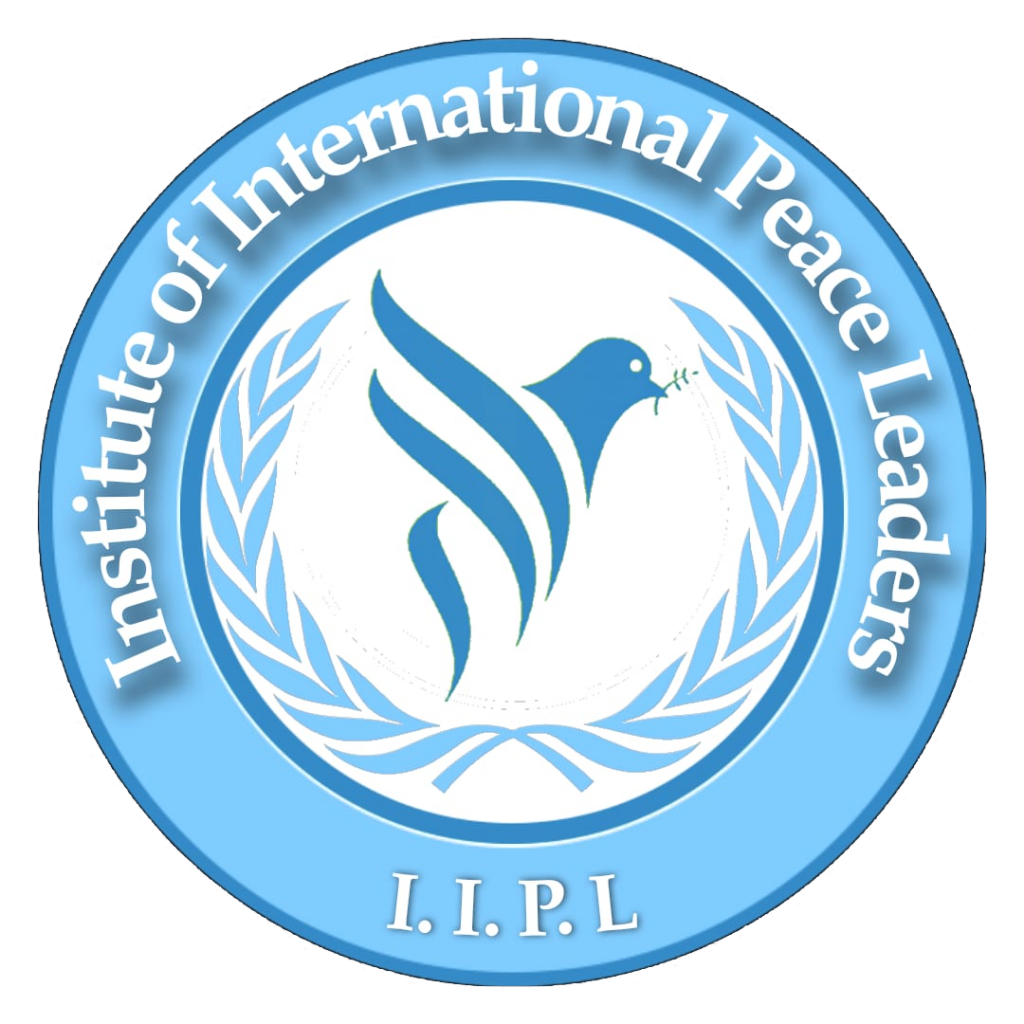How Pakistan can achieve UN SDGs Agenda 2030?
Achieving the United Nations Sustainable Development Goals (SDGs) by 2030 requires concerted efforts from all sectors of society, including governments, civil society organizations, businesses, and individuals. Here are some steps Pakistan can take to work towards achieving
The government of Pakistan needs to demonstrate strong commitment and leadership in implementing policies and initiatives aligned with the SDGs. This includes integrating the SDGs into national development plans and strategies.
Ensure that national policies, laws, and regulations are aligned with the SDGs. This may involve revising existing policies and developing new ones to address specific targets and indicators outlined in the SDGs.
Mobilize financial resources from both domestic and international sources to fund SDG-related initiatives. This could include increasing budget allocations for key sectors such as education, healthcare, and infrastructure, as well as attracting foreign investment and aid.
Improve data collection systems and monitoring mechanisms to track progress towards the SDGs. This involves establishing baseline data, setting targets, and regularly monitoring and evaluating outcomes to identify areas that require attention and intervention.
Foster partnerships and collaboration among government agencies, civil society organizations, the private sector, academia, and other stakeholders. This multi-stakeholder approach can leverage expertise, resources, and networks to accelerate progress towards the SDGs.
Raise awareness about the SDGs and their importance among the general public, policymakers, and key stakeholders. This can be done through educational campaigns, training programs, workshops, and community engagement activities.
Prioritize efforts to address inequality, poverty, and vulnerability, ensuring that no one is left behind. This may involve targeted interventions to support marginalized and vulnerable groups, such as women, children, persons with disabilities, and ethnic minorities.
Promote sustainable practices and policies to protect the environment and address climate change. This includes investing in renewable energy, promoting sustainable agriculture, and conserving natural resources.
Improve access to healthcare services and promote health and well-being for all. This involves investing in healthcare infrastructure, strengthening healthcare systems, and addressing key health challenges such as infectious diseases, maternal and child health, and non-communicable diseases.
Ensure access to quality education for all, including girls and women. This involves investing in education infrastructure, training teachers, promoting literacy and numeracy, and eliminating barriers to education.
By taking these steps and implementing targeted actions across various sectors, Pakistan can make significant progress towards achieving the UN SDGs by 2030.

